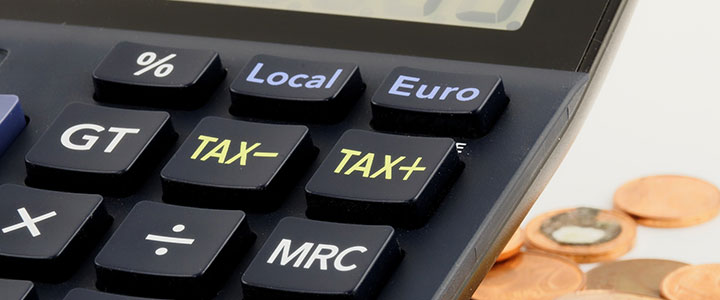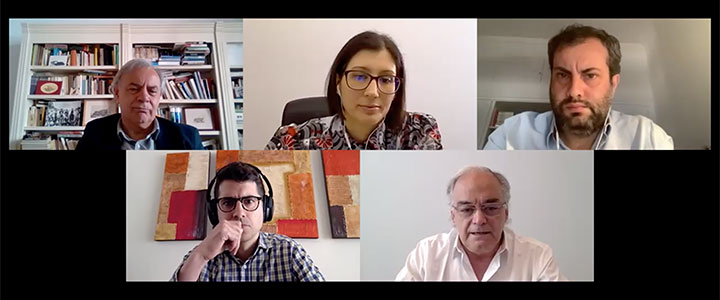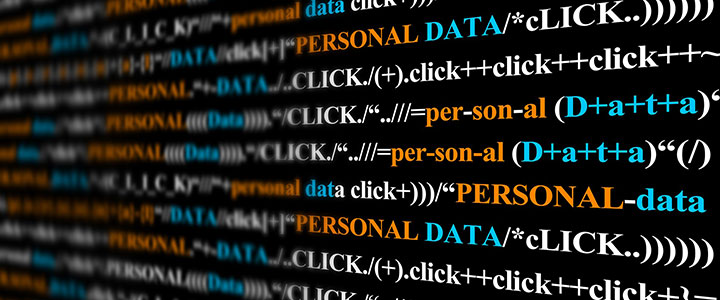Without the free rein they had a few years ago in terms of control over data, the big tech companies have long been working on the concept of ‘privacy’, which has also become a marketing tool. Apple has taken this dispute very seriously, and in early June introduced a new concept on privacy for the clients of its cloud service, iCloud. It’s called Private Relay.
Read moreApple, privacy, and control of data










